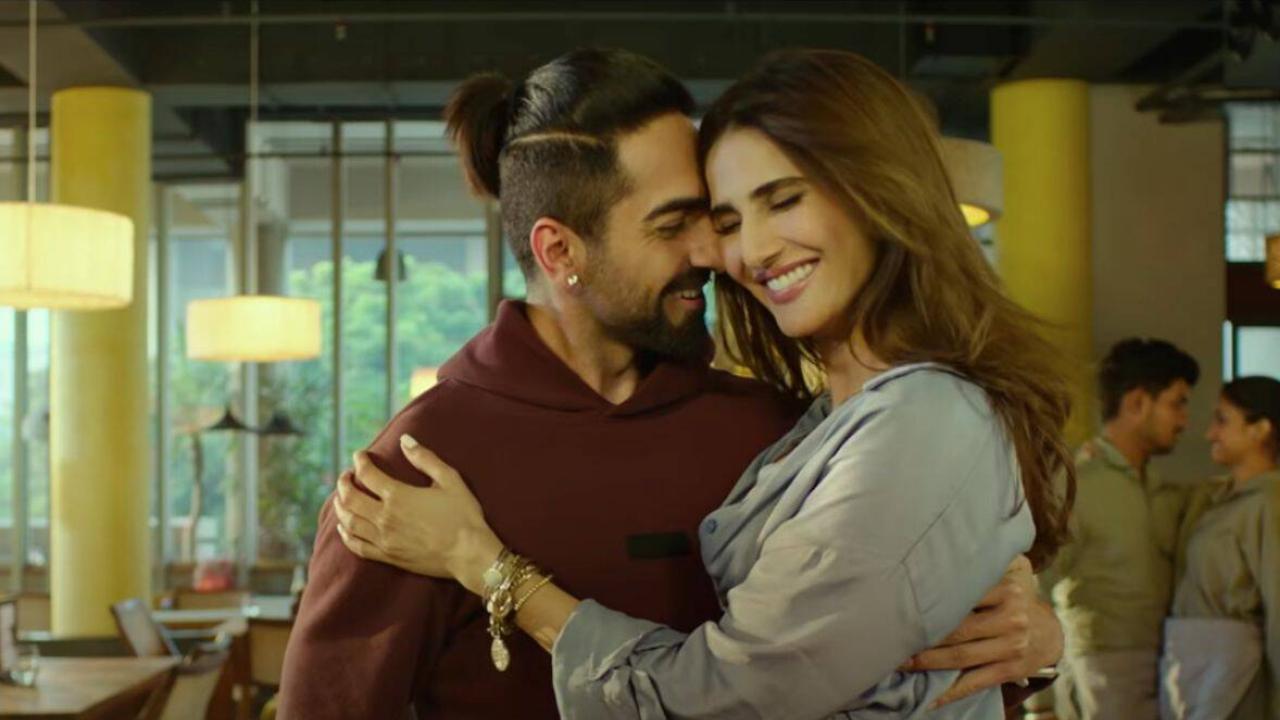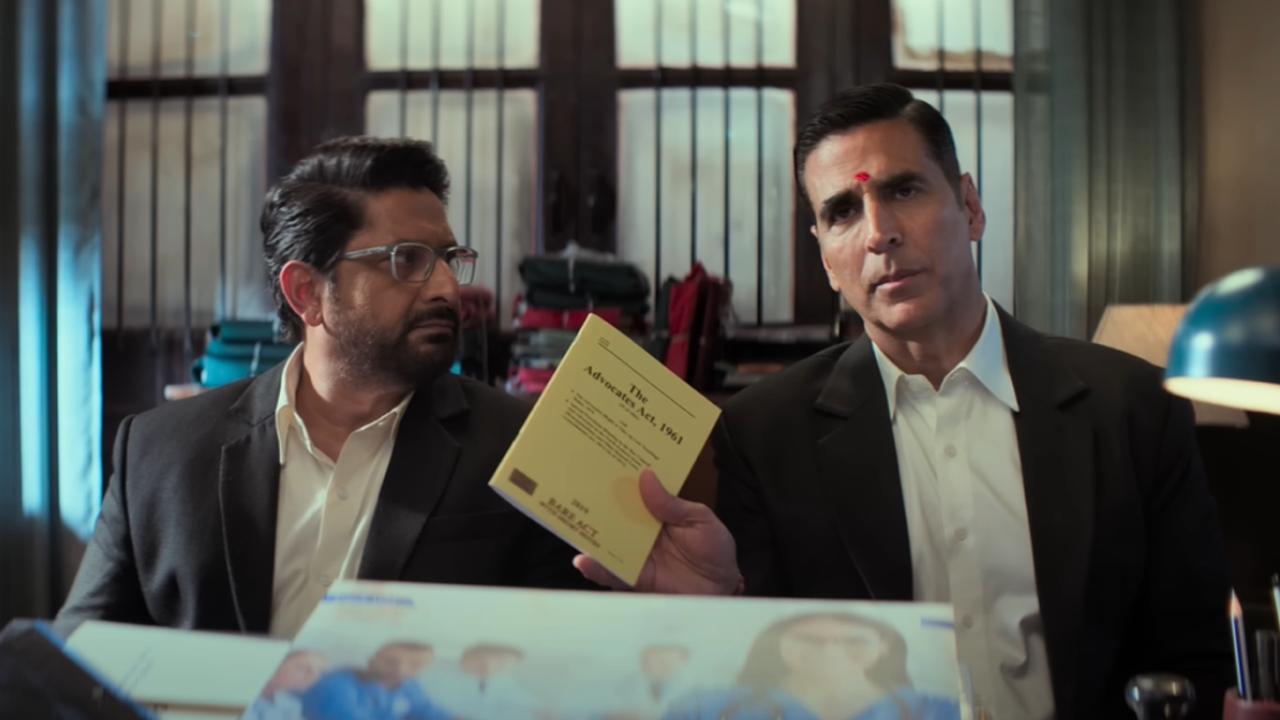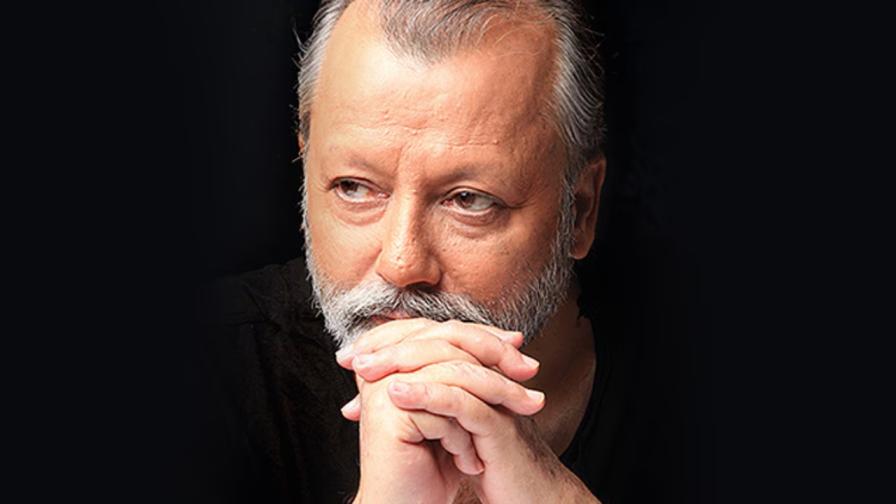Pragya Kapoor: Excess food was given to the underprivileged
Updated on: 03 December, 2021 11:35 AM IST |Vijayalakshmi Narayanan

Filmmakers in India are fast becoming environmentally conscious. After Bhumi Pednekar adopted a no-waste and no-plastic policy on the set of Badhaai Do, the makers of Chandigarh Kare Aashiqui took measures to ensure they had a zero-waste set. “A zero-waste set leaves the least possible waste to go to landfills by reusing the generated waste to its fullest capacity, and minimising the generation of waste,” explains producer Pragya Kapoor. She admits that the different locations in Chandigarh, combined with expansive set-ups and a large crew of 300, initially posed a challenge. “We streamlined the process and aligned the crew to this novel exercise.”
During the filming of the Ayushmann Khurrana and Vaani Kapoor starrer, the waste generated at the location was divided into three categories — solid, liquid, and PPE. “Once the waste was collected, it was sent for sorting where it was further divided into categories — biodegradable, recyclable, food waste, reject waste and construction waste. The excess food was distributed among the underprivileged families.”
ADVERTISEMENT
Dude, what's your Monday mood?
ADVERTISEMENT



















